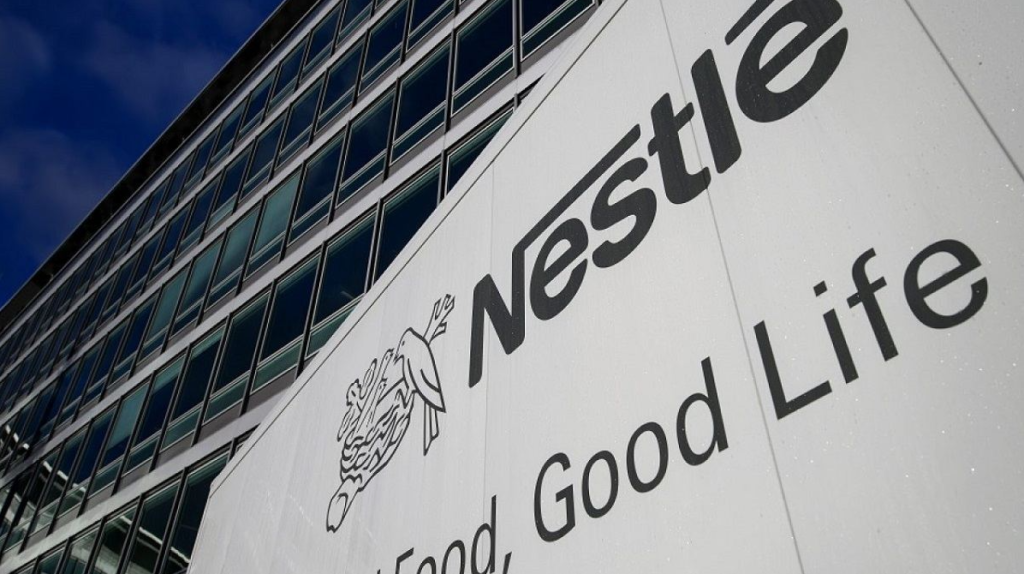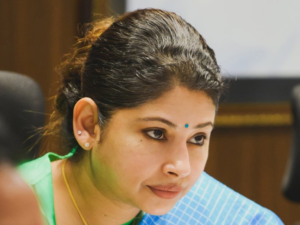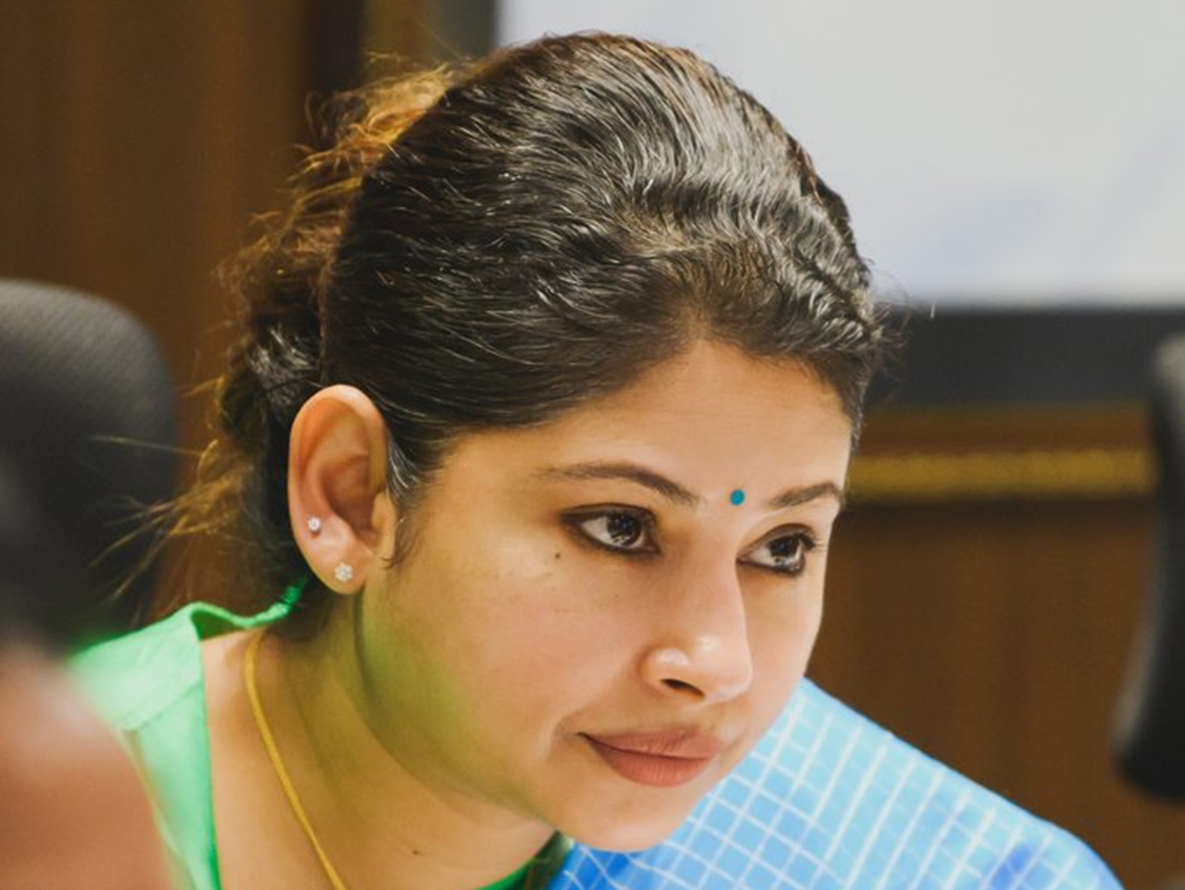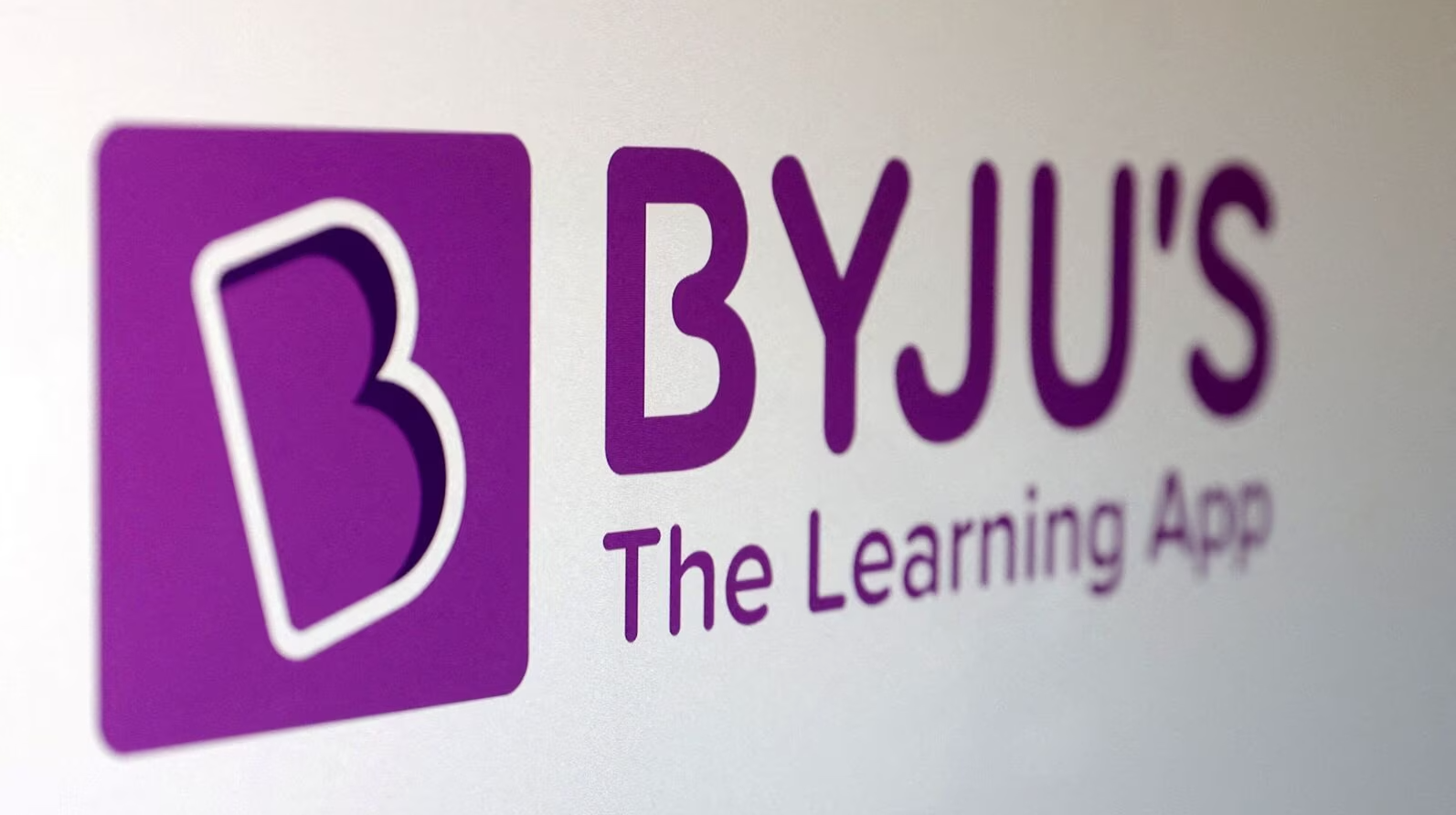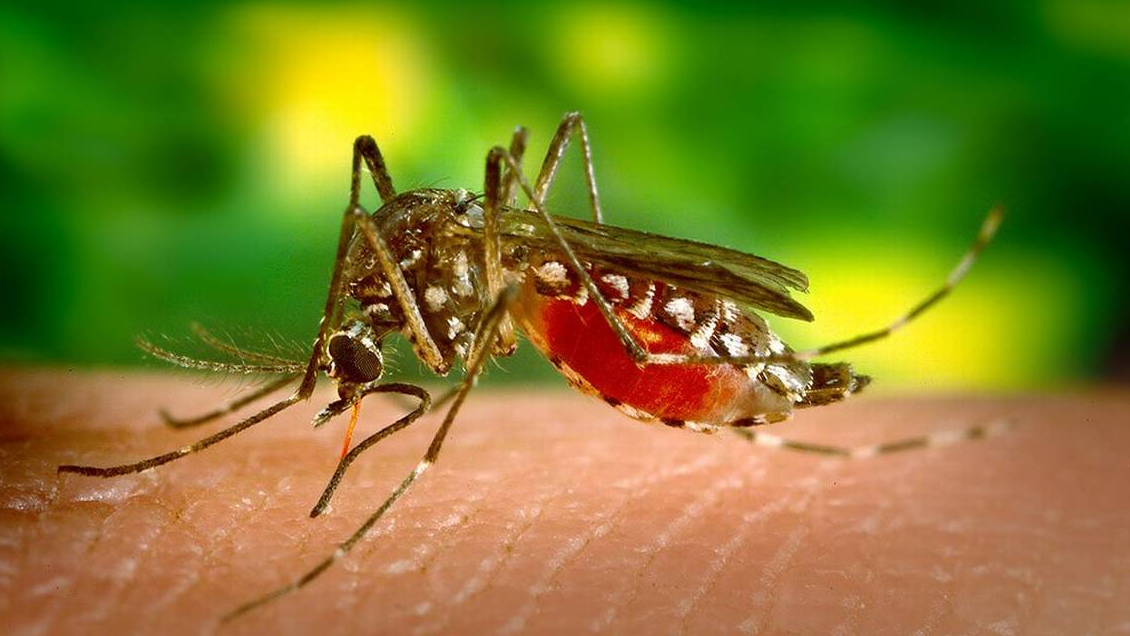Nestle, the world’s largest food and beverage company, is facing criticism for adding sugar to its Cerelac baby food products sold in India. A report by Public Eye, a Swiss non-profit organization, and the International Baby Food Action Network (IBFAN) alleges that Nestle adds an average of 3 grams of sugar per serving to Cerelac in India, while the same product is sugar-free in developed nations like the UK, Germany, and Switzerland.
This disparity in ingredients has sparked outrage from health experts and consumer advocates. The report argues that added sugar in baby food is unnecessary and potentially harmful to a child’s developing health. It can contribute to obesity, tooth decay, and even develop a preference for sugary foods later in life.
Double Standards of Nestle?
The investigation revealed that all 15 Cerelac variants sold in India contain added sugar, whereas the product caters to babies from six months of age. Furthermore, the sugar content can be even higher in some countries, reaching nearly 6 grams per serving in Ethiopia and Thailand, according to the report.
Public Eye and IBFAN point out this practice violates international guidelines set by the World Health Organization (WHO) to discourage the addition of free sugars to complementary foods for infants and young children.
Nestle Defends its Practices
Nestle has responded to the report, claiming they have reduced added sugars in Cerelac by up to 30% in the past five years and that their products meet all necessary nutritional requirements. The company maintains its commitment to providing high-quality baby food.
Indian Government Examining Claims
The Indian government has stated it is examining the charges made in the report. If the allegations are proven true, Nestle could face regulatory action and a potential consumer backlash in India.
Transparency and Public Health Concerns
The controversy highlights the issue of transparency in food labeling and marketing, particularly for baby food products. Critics argue that Nestle downplays the presence of added sugar and prioritizes highlighting other nutrients to portray Cerelac as a healthy option.
This incident underscores the ongoing debate about the role of multinational corporations in promoting healthy food practices, especially in developing countries.


